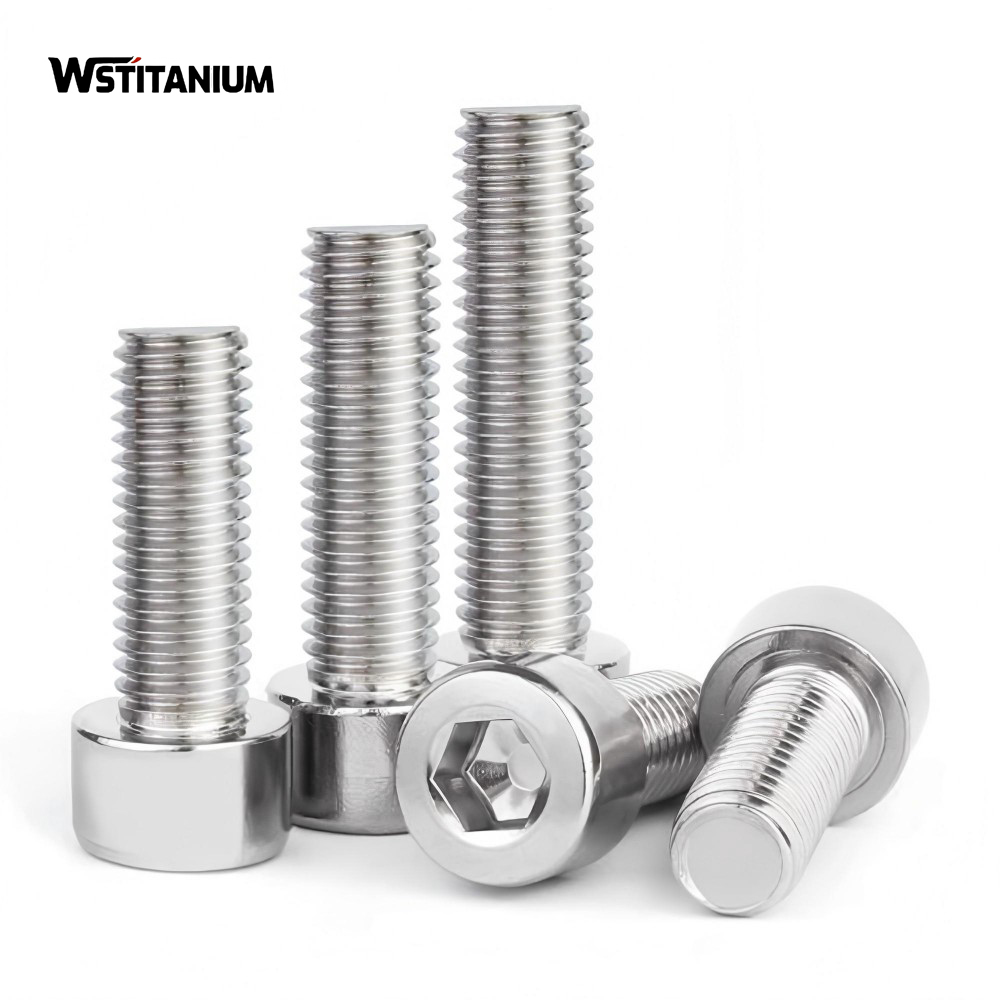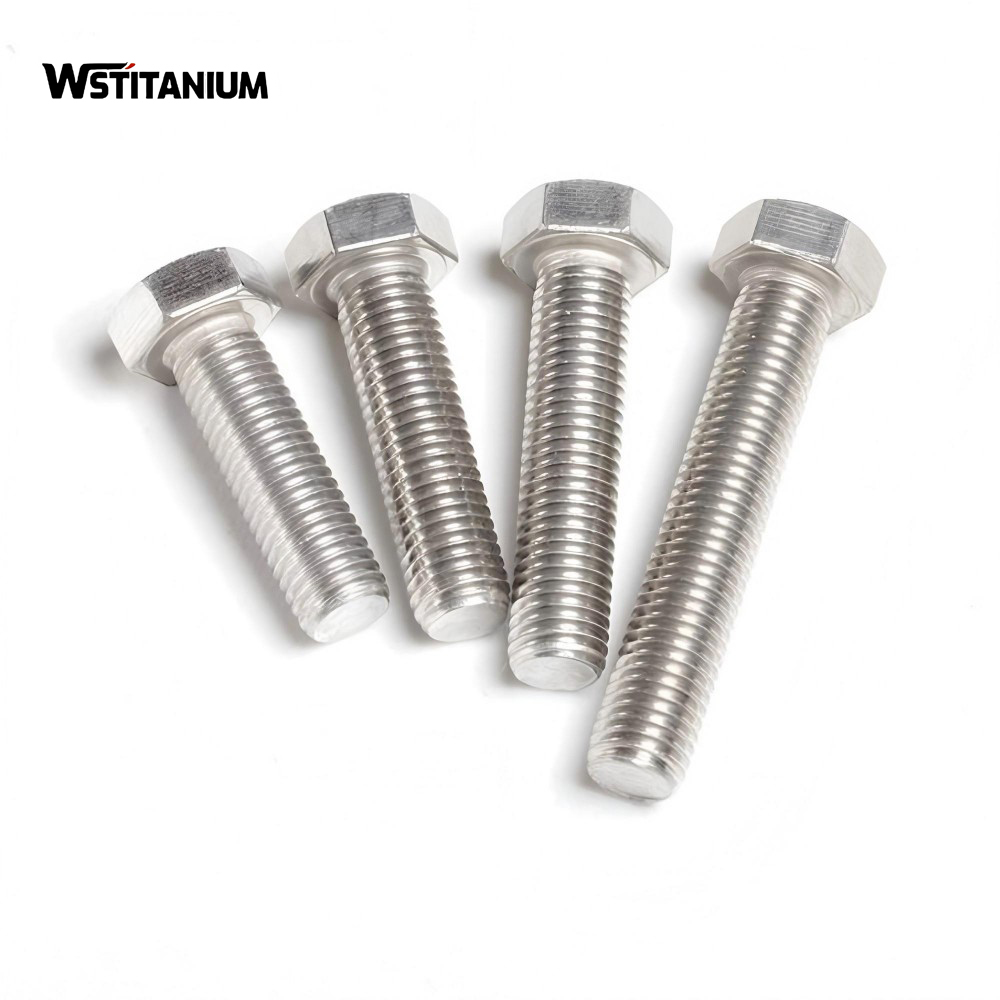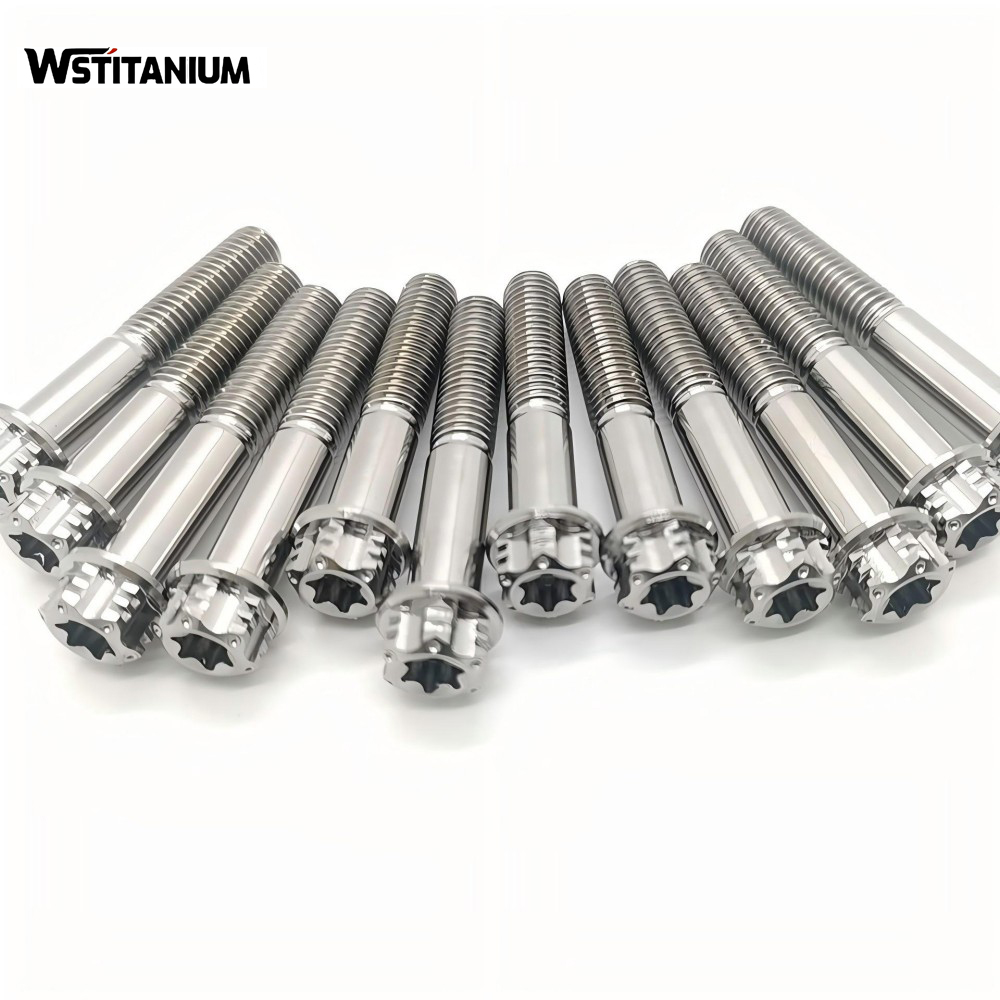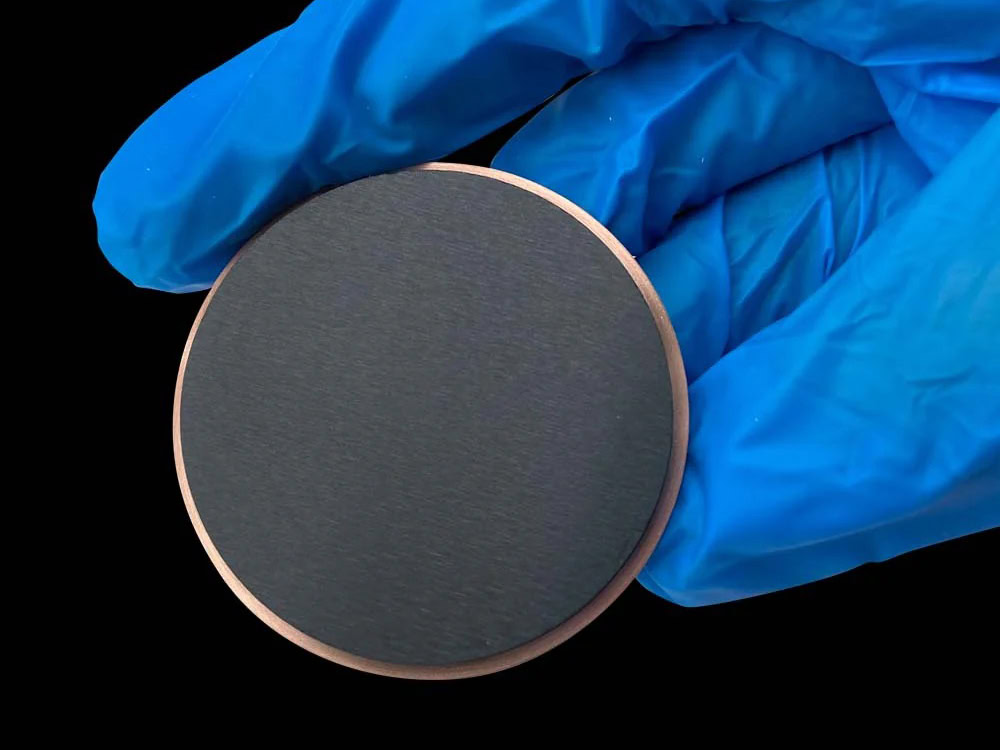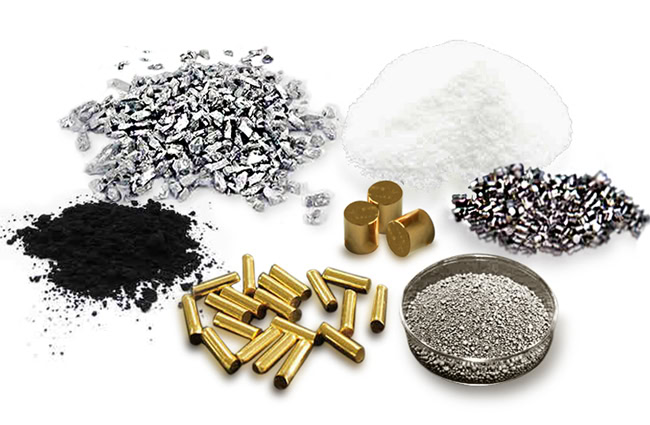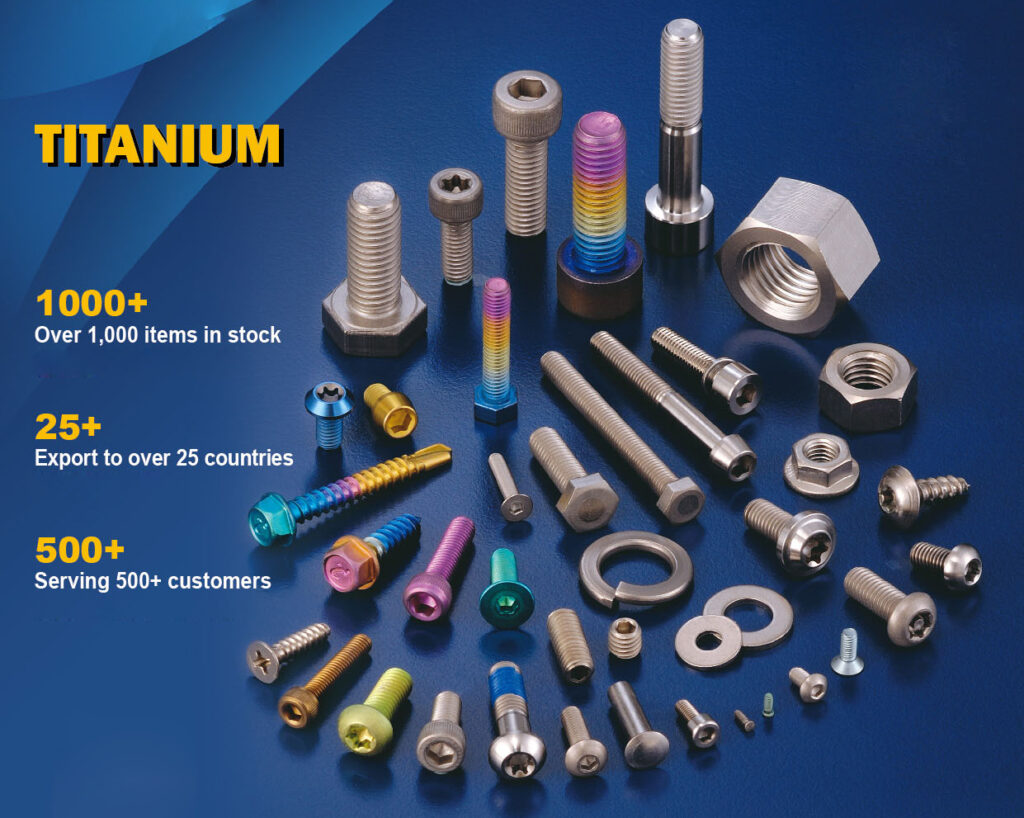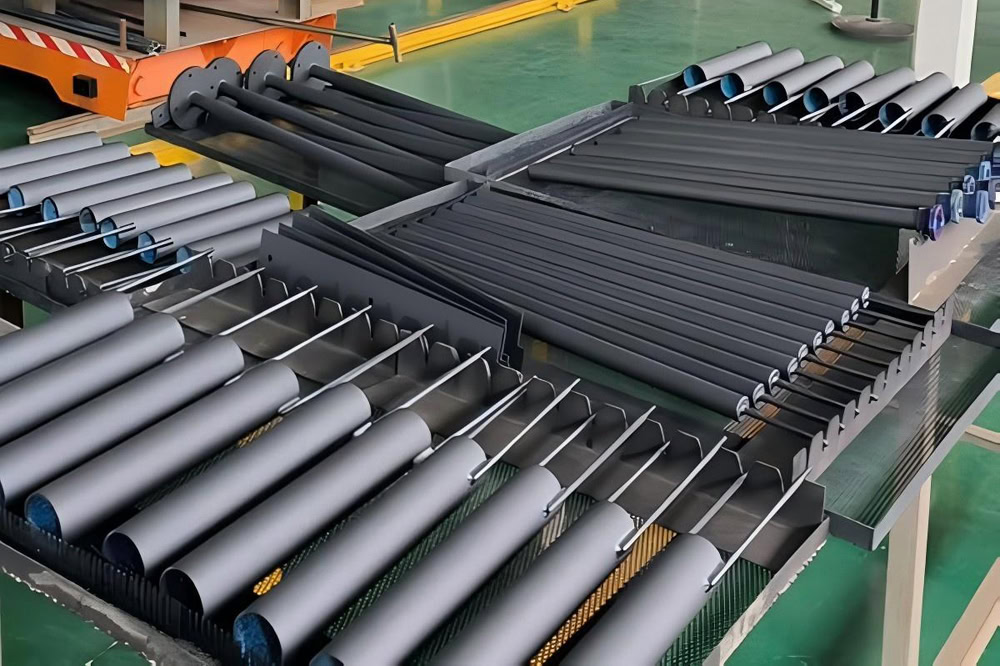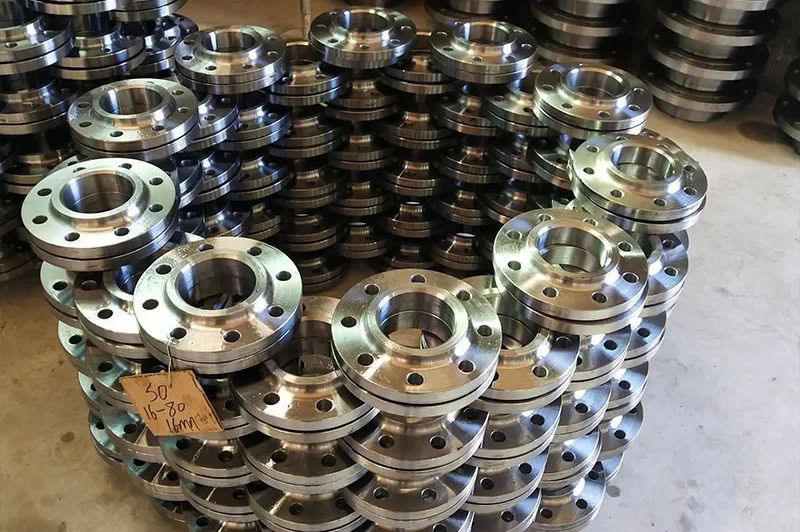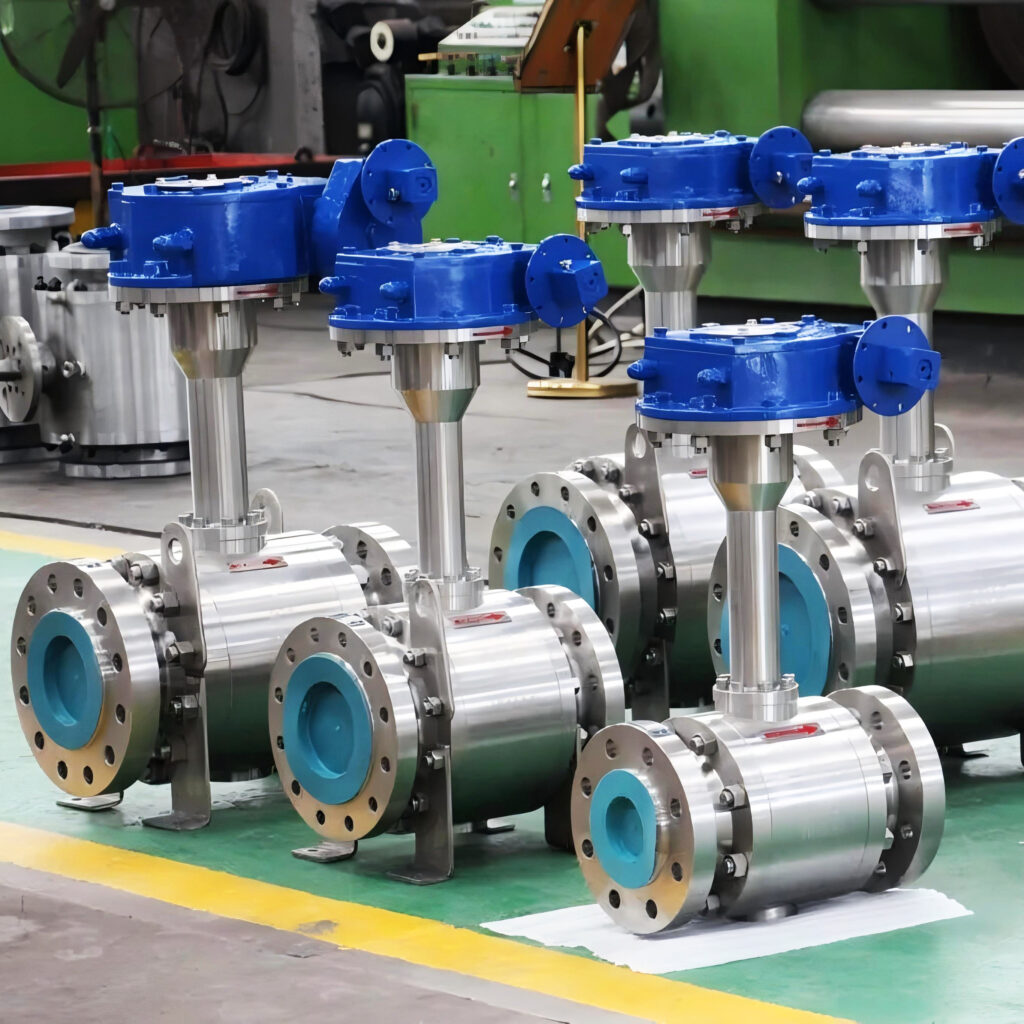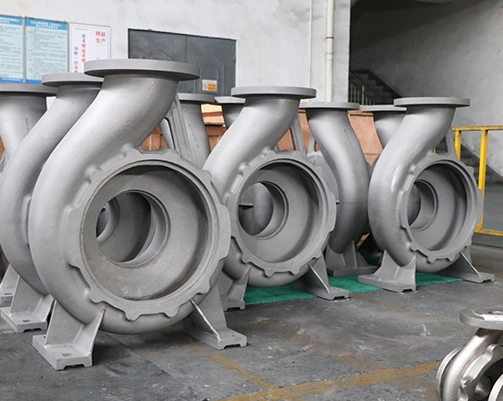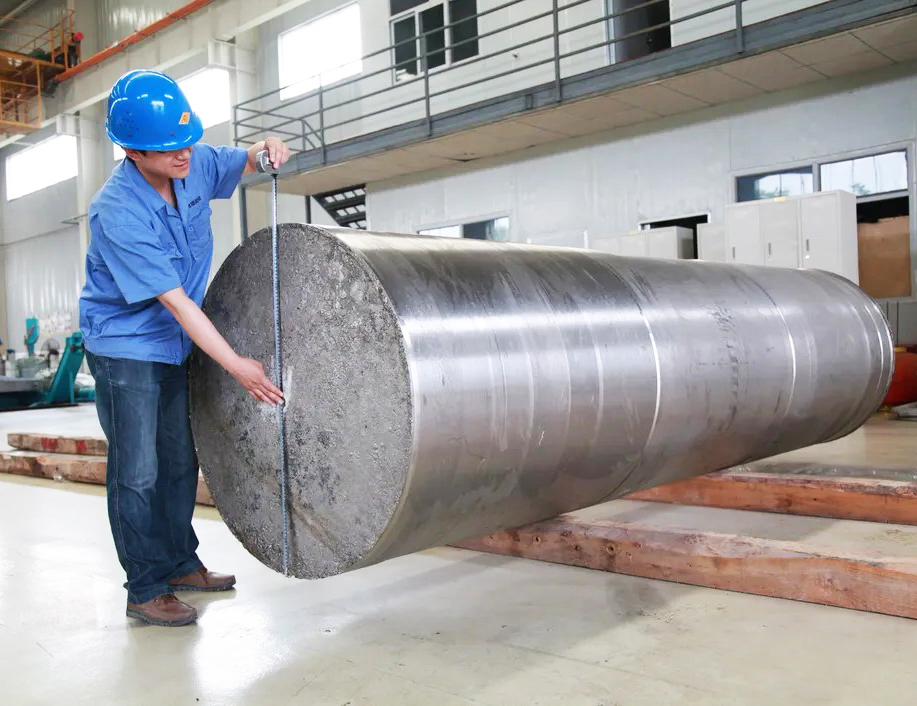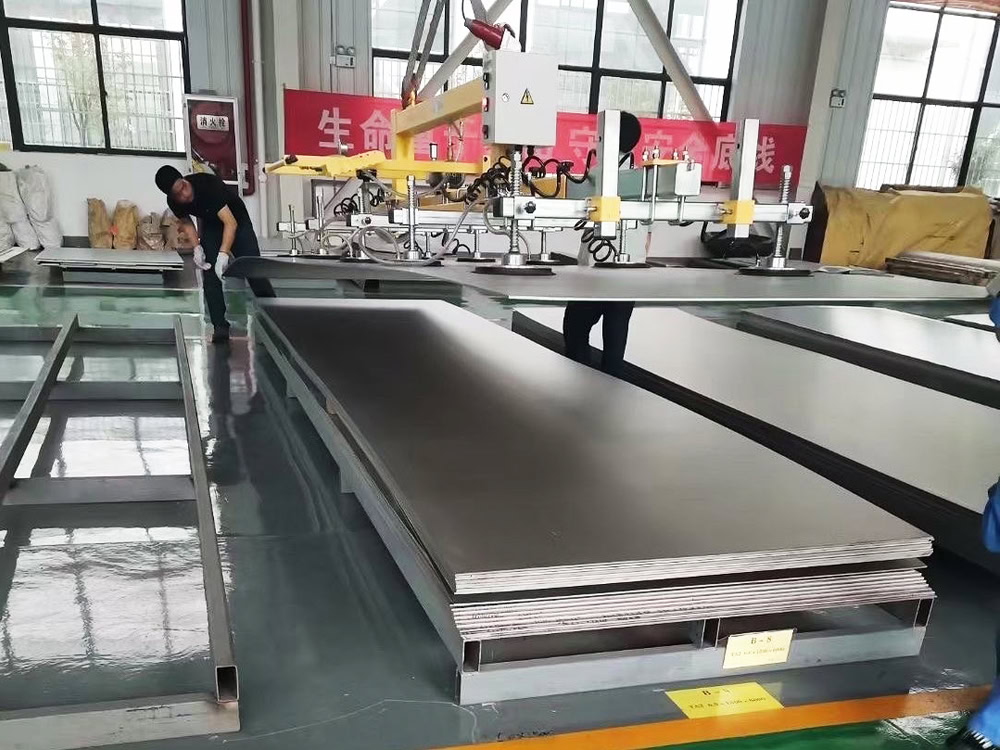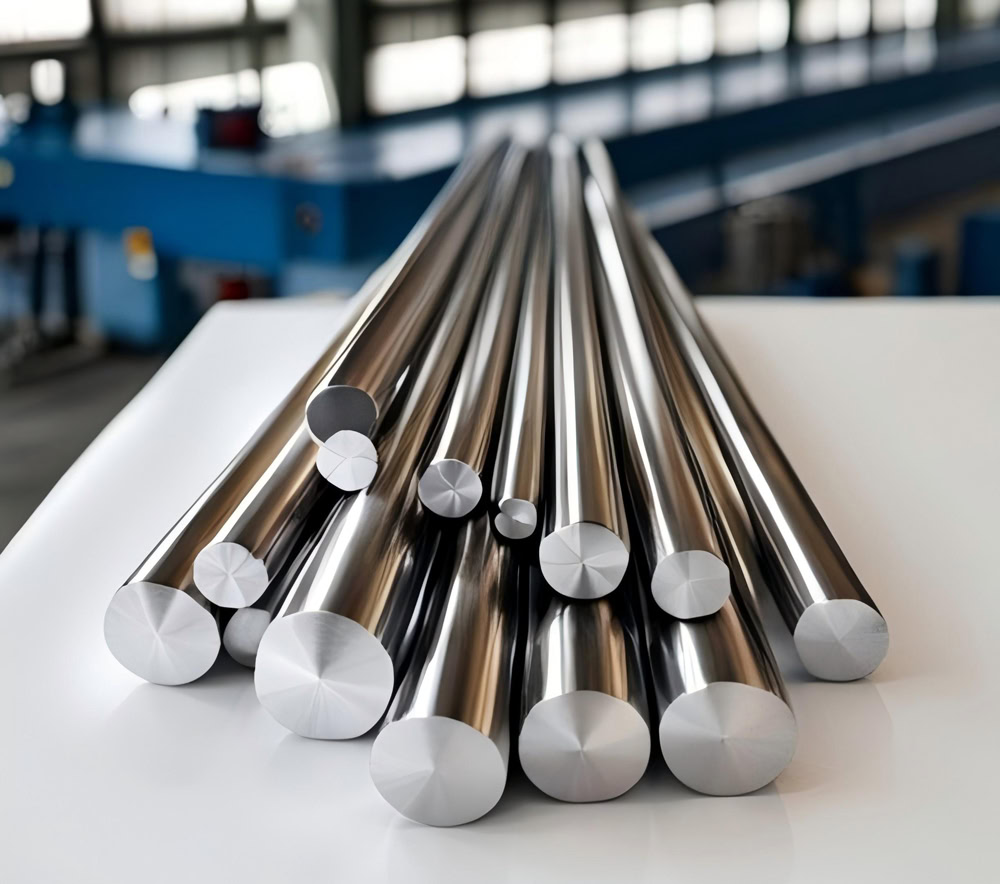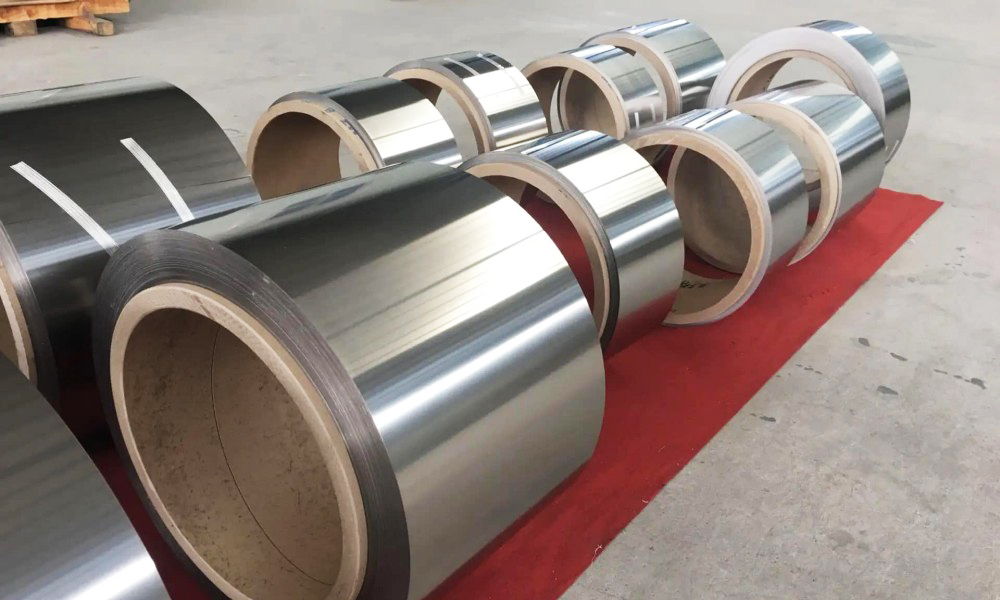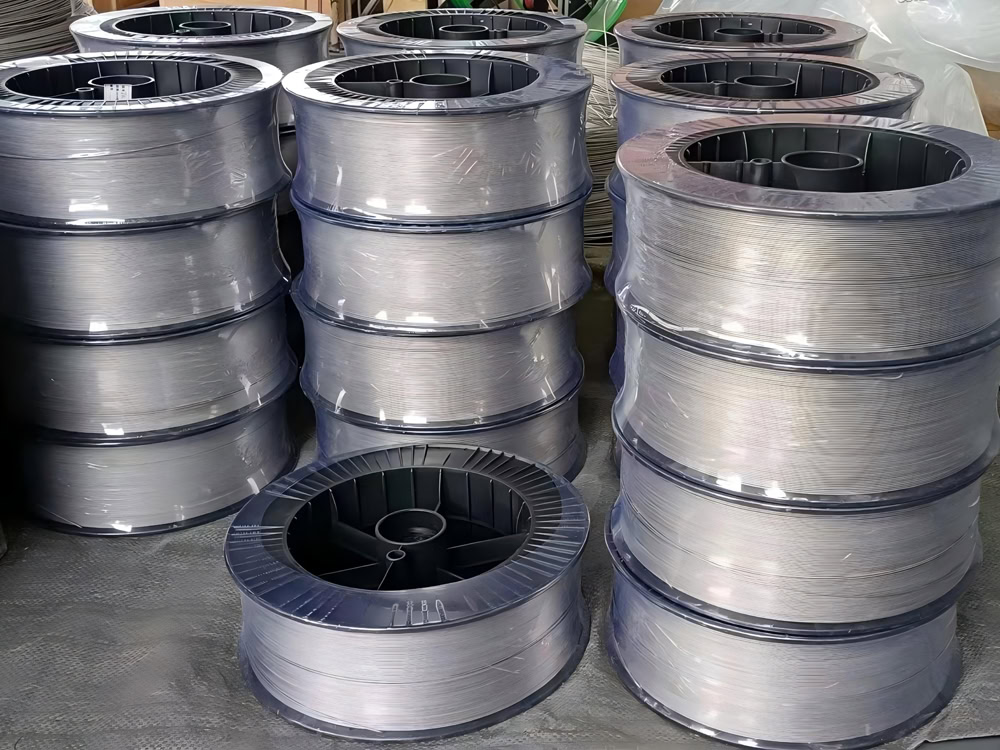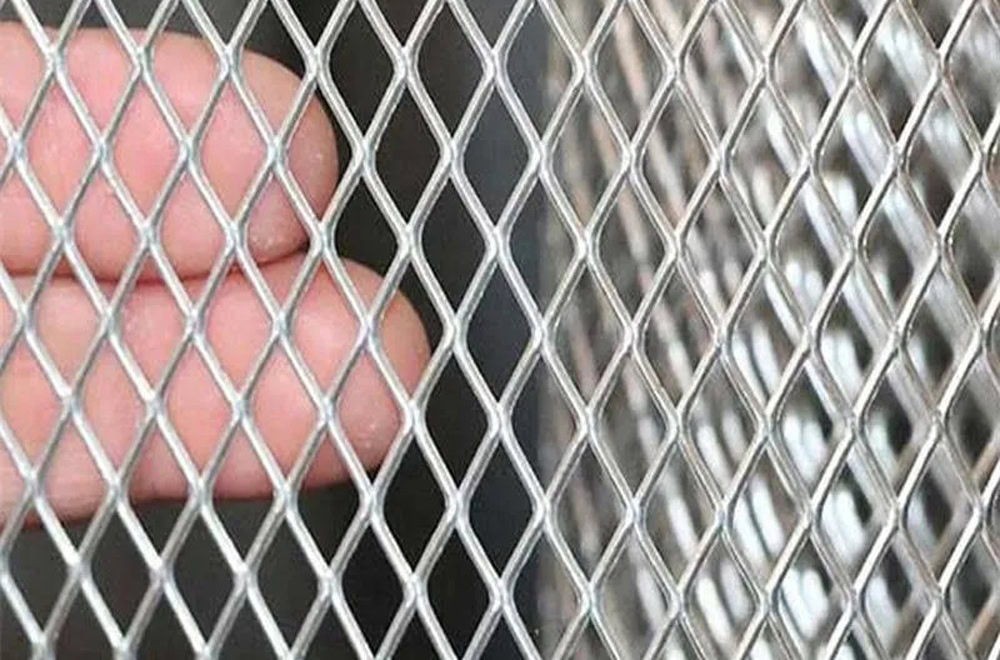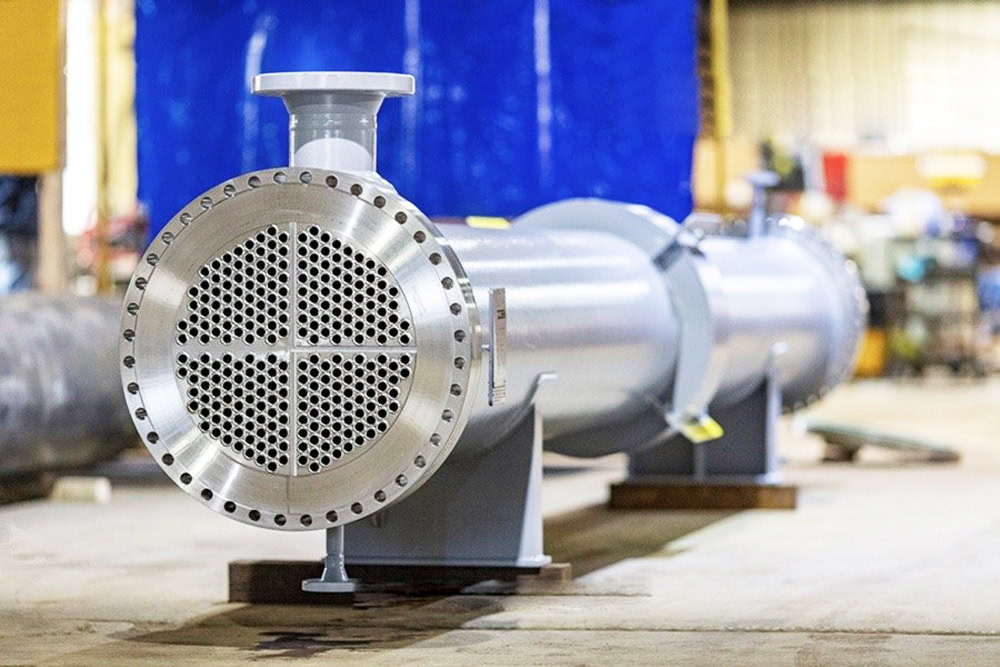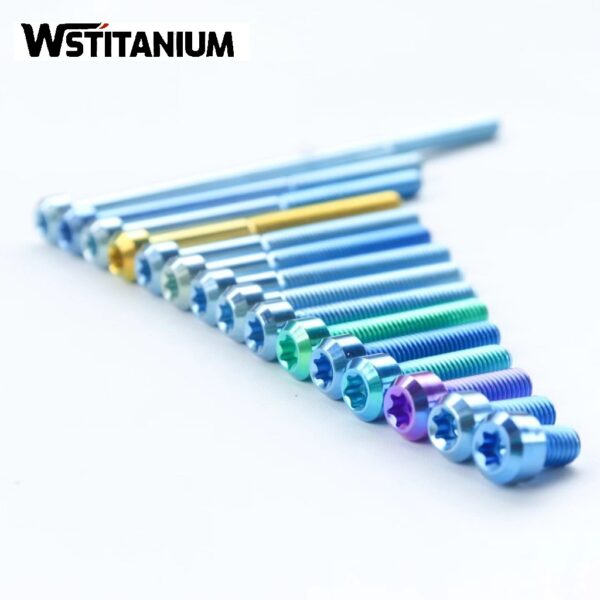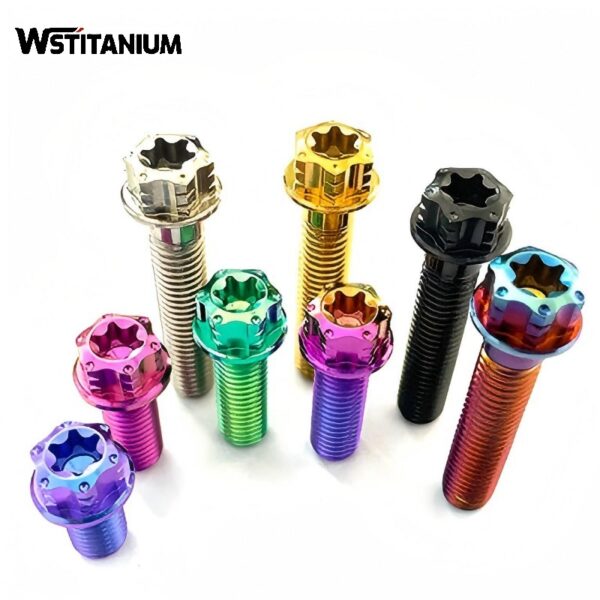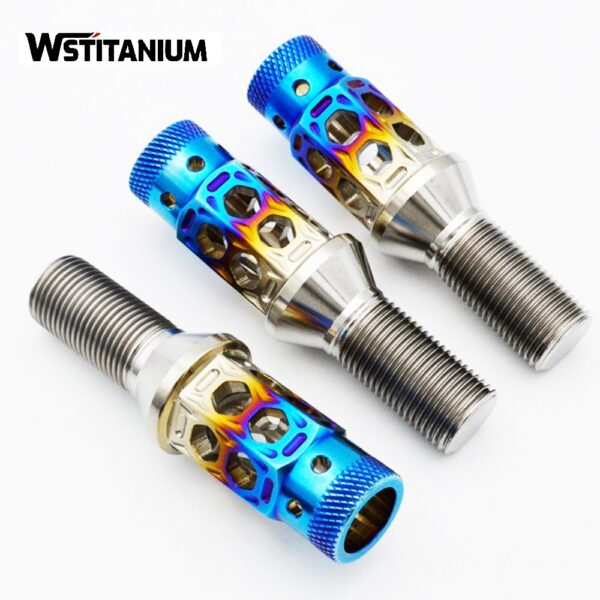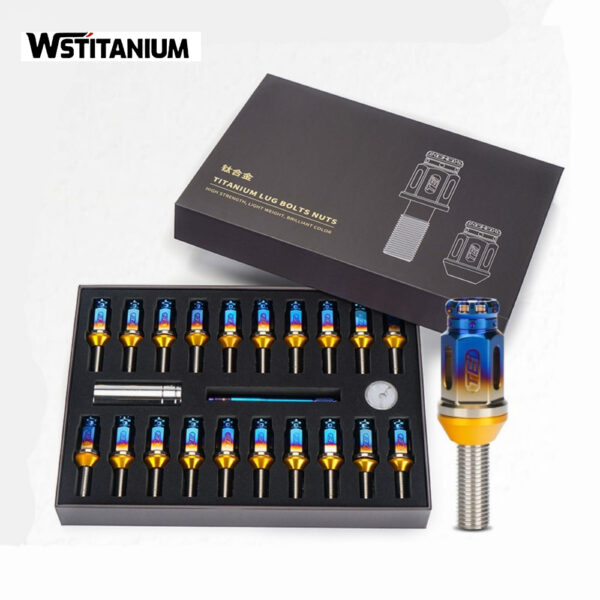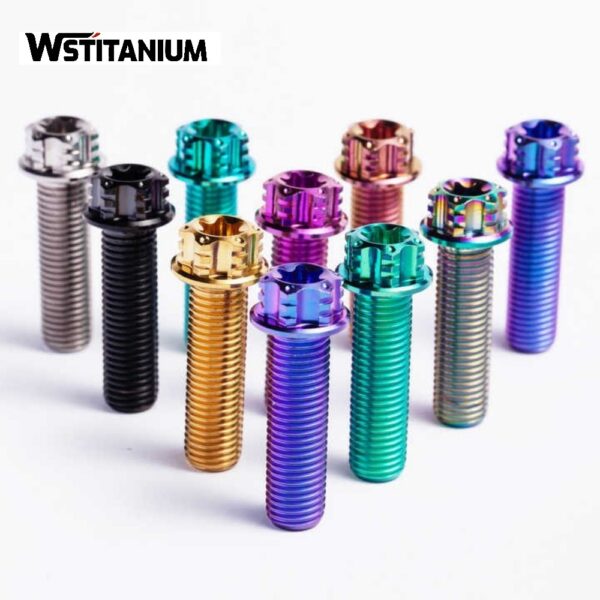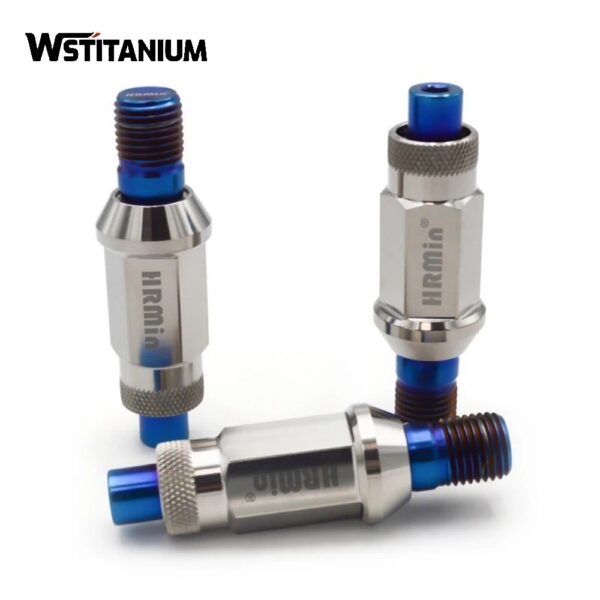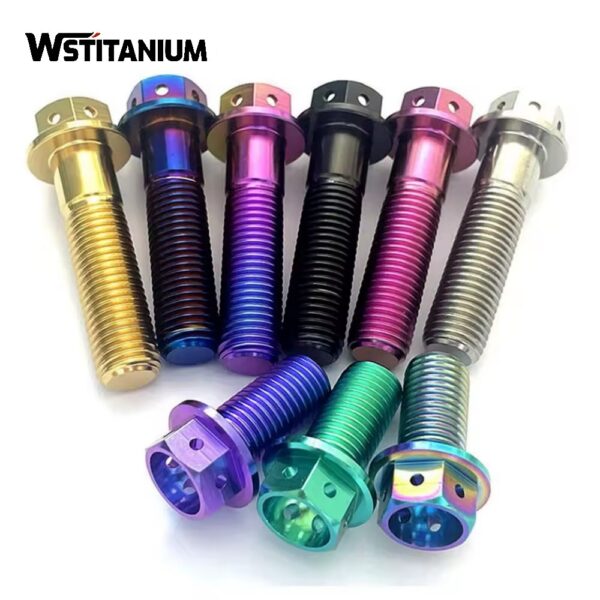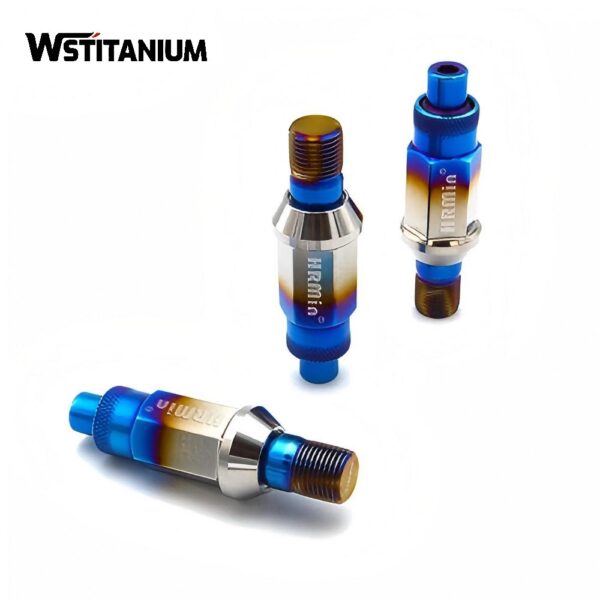Titanium Fasteners For Chemical Industry
Certified: CE & SGS & ROHS
Shape: Requested
Diameter: Customized
Drawings: STEP, IGS , X_T, PDF
Shipping: DHL, Fedex, or UPS & Ocean Freight

20+ YEARS EXPERIENCE SENIOR BUSINESS MANAGER
Ask Michin For What You Want?
In the chemical industry, fasteners serve as core components connecting equipment, pipelines, and structures. Their performance is directly related to the safety, stability, and service life of production systems. Chemical operations are often accompanied by highly corrosive media (such as acids, alkalis, and saline solutions), high temperatures, high pressures, and frequent alternating media impacts. Titanium, with its excellent corrosion resistance, high strength-to-weight ratio, good high-temperature resistance, and biocompatibility, is an ideal material for fasteners in the chemical industry. Wstitanium has been deeply involved in the field of titanium fasteners for the chemical industry for many years. Leveraging advanced manufacturing technology, strict quality control systems, and a deep understanding of the needs of the chemical industry, we provide customized, highly reliable titanium fastener solutions to global chemical companies.
| Size | M3-M36. or non-standard according to your requirements. |
| Materials | Gr1 Gr2 Gr3 Gr4 Gr5 Gr6 Gr7 Gr9 Gr11 Gr12 Gr23 |
| Type | Screw/bolts(cap head/socket head/hex head/round head/headless/taper head/shoulder head.etc) |
| Thread | UNC, UNF, UNEF, M, BSW, BSF, TR, ACME, NPT TP |
| Surface Treatment | Anodizing, sandblasting,black oxide, polishing. powder coating, brushing,electroplating, passivation |
| Drawingformat | IGS,STP,STEP,X-T,DXF,DWG,PrO/E,PDF,PNG,JPG |
| Application | Motorcycle,Bicycle,cars |
| Certifications | ISO9001,CE,BV |
| Service | 1,Free samples will be sent to you after confirming the order. |
| 2,Material test report,Hardness test report,Quality Inspection Report as your require. | |
| 3,video and photos with details freely during. | |
| 4,Drawing formation: PDF, CAD/DWG/DXF, IGS/STP etc.If you don’t have a professional drawing, you can contact us and we will customize it for you according to your requirements. | |
| Euipment | CNC Turning, CNC Milling, CNC 5-axis Turning-milling Compound, CNC Gear Hobbing Machine, CNC Gear Shaping Machine, Manual Milling Machine, Grinding Machine, and Laser Engraving Machine. |
| Quality | Two-dimensional Imager, CCD Image Detection Equipment, Rockwell Hardness Tester, Vickers Hardness Tester, Electron Microscope,Salt Spray Tester,etc. |
| Packing | PE bag,EPE, standardcardboard boxes or plastic trays, sponge trays,cardboard trays,etc |
| Precision | TIR ≤.002″ (0.02mm-5mm) |
| MOQ | In stock:50pcs Custom-made:100pcs |
| Color | Silver, black, red, yellow, green, blue, color, customized according to your requirements |
| Delivery time | In stock : Sample 3days,Bulk goods 7-15days. |
| Custom : Sample 7-10 working days, Bulk goods 15-20 working days. |
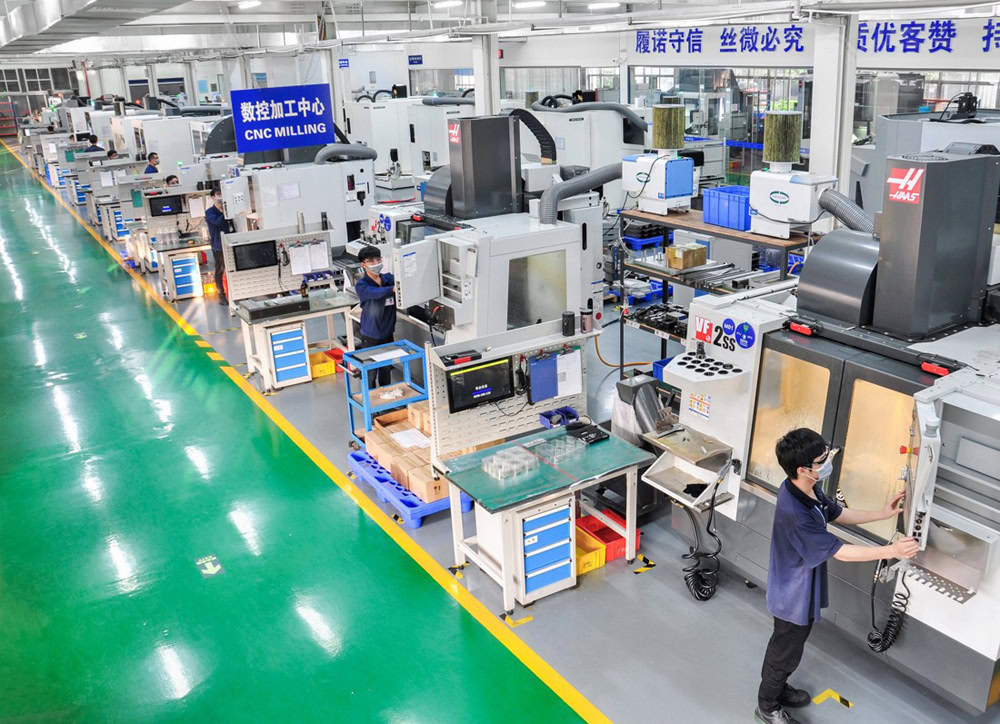
Manufacturing Titanium Fasteners for Chemical Industry
Wstitanium is deeply aware of the stringent requirements for precision, performance, and stability imposed by chemical titanium fasteners. It has developed a comprehensive technology system encompassing “material screening – precision machining – performance optimization – surface enhancement,” with CNC machining, heat treatment, and surface treatment as key technologies providing the core support.
CNC Precision Machining
CNC machining is crucial for achieving the dimensional accuracy and structural complexity of titanium fasteners. Titanium alloys possess high strength, high toughness, low thermal conductivity (only 1/5 that of carbon steel and 1/10 that of aluminum alloys), and high chemical activity. Wstitanium has developed a sophisticated CNC machining solution tailored to these characteristics.
Wstitanium has invested in a 5-axis CNC machining center and a dedicated CNC lathe. These machines offer positioning accuracy of ±0.002mm and repeatability of ±0.001mm, meeting the stringent requirements for key parameters such as thread accuracy, end face flatness, and hole tolerances in chemical fasteners. In addition, Wstitanium has introduced online inspection technology. During CNC machining, integrated contact probes (such as Renishaw probes) provide real-time measurement and compensation of critical dimensions. Once dimensional deviations are detected, parameters are immediately adjusted, achieving a closed-loop control system of “machining-inspection-correction,” maintaining a stable product qualification rate above 99.5%.
Heat Treatment
Heat treatment is a key method for regulating the mechanical properties of titanium fasteners, directly determining their strength, toughness, fatigue resistance, and corrosion stability. The chemical industry has significantly different mechanical property requirements for titanium fasteners: Bolts used in high-pressure reactors require high strength (tensile strength ≥ 900 MPa) and high toughness (impact absorbed energy ≥ 40 J). Fasteners used in cryogenic storage tanks require low-temperature toughness (impact absorbed energy ≥ 25 J at -196°C). Wstitanium offers customized heat treatment solutions to meet the requirements of these diverse scenarios.
1. Annealing
Annealing is the most commonly used heat treatment technique for titanium fasteners, primarily used to reduce machining hardening, eliminate internal stresses, and improve plasticity and machinability. Wstitanium employs different annealing strategies depending on the titanium alloy type. For pure titanium (TA1 and TA2) fasteners, a “full annealing” process is employed: heating the workpiece to 700-750°C (50-100°C below the β transformation point), holding for 1-2 hours, and then cooling in the furnace. This treatment reduces the material’s hardness to HB100-120, while increasing its elongation to over 20%. For fasteners made from α+β titanium alloys (such as TC4), a “double annealing” process is employed: a high-temperature annealing at 800-850°C for 1 hour, followed by air cooling to room temperature and a low-temperature aging annealing at 500-550°C for 2-3 hours. This ensures both strength (tensile strength ≥ 800 MPa) and toughness and corrosion resistance.
2. Solution Aging
For titanium fasteners requiring high strength (such as α+β titanium alloys like TC4 and TC11), Wstitanium utilizes a “solution + aging” composite heat treatment technology. During the solution treatment phase, the workpiece is heated to near the β transformation point (920-950°C for TC4), held for 30-60 minutes, and then rapidly water quenched. This maximizes the dissolution of alloying elements (such as V and Mo) into the α phase matrix, forming a supersaturated solid solution. During the aging phase, the workpiece is held at 450-550°C for 4-8 hours, allowing the supersaturated solid solution to precipitate fine β phase particles, significantly enhancing the material’s strength through dispersion strengthening. TC4 bolts treated in this process can achieve a tensile strength increase from 800 MPa in the annealed state to over 1100 MPa, with a yield strength of 950 MPa, fully meeting the load-bearing requirements of high-pressure chemical equipment.
3. Low-Temperature Stabilization Treatment
For titanium fasteners used in corrosive environments, Wstitanium innovatively utilizes “low-temperature stabilization treatment” technology. By maintaining the material at 200-300°C for 10-12 hours, a dense oxide film (TiO₂) forms on the titanium alloy surface. This process also promotes the gradual release of residual stress within the material, preventing stress corrosion cracking caused by corrosive media. This process is particularly effective for TA10 (titanium-palladium alloy) fasteners. After treatment, the corrosion rate in 60% sulfuric acid solution is reduced from 0.05mm/year to below 0.01mm/year, significantly improving the product’s corrosion lifespan.
Surface Treatment Technology
The surface condition of titanium fasteners directly affects their corrosion resistance, wear resistance, and assembly performance. Corrosive media in chemical environments can easily penetrate the material through surface defects (such as scratches and scale), leading to localized corrosion failure. Therefore, Wstitanium has developed several targeted surface treatment technologies to achieve both enhanced protection and improved functionality.
1. Pickling and Passivation
Pickling and passivation are fundamental surface treatment technologies for titanium fasteners, primarily used to remove scale, oil, and metal debris generated during processing, while simultaneously forming a uniform passivation film on the surface. Wstitanium utilizes a “mixed pickling solution + low-temperature passivation” process: the pickling solution consists of hydrofluoric acid (HF), nitric acid (HNO₃), and water in a specific ratio (HF:HNO₃:H₂O = 1:3:10). The pickling solution is immersed at room temperature for 5-10 minutes to remove the surface oxide layer through a chemical reaction. The fasteners are then placed in a passivation tank (containing a 20% nitric acid solution) and held at 40-50°C for 30 minutes, forming a dense TiO₂ passivation film 5-10nm thick. Titanium fasteners treated in this manner achieve a surface roughness Ra ≤ 0.8μm and can withstand 1000 hours of corrosion-free testing in a neutral salt spray test, meeting the basic corrosion protection requirements of the chemical industry.
2. Coating
For demanding working conditions involving high wear and corrosion, Wstitanium utilizes coating enhancement technology to enhance the surface performance of fasteners. For wear-resistant titanium nuts and washers, we apply a TiN coating using physical vapor deposition (PVD) technology. The coating thickness is controlled at 3-5μm, and the hardness can reach HV1800-2000. This increases wear resistance by 5-8 times compared to uncoated products, effectively eliminating thread galling during assembly. For fasteners exposed to highly corrosive environments (such as hydrochloric acid and chlor-alkali media), we apply a TiC coating using chemical vapor deposition (CVD) technology. The coating-to-substrate bond strength is ≥50MPa, and the corrosion rate after immersion in a 10% hydrochloric acid solution for six months is reduced to only 0.002mm/year. This coating is suitable for applications such as chlor-alkali chemicals and hydrochloric acid synthesis.
3. Electropolishing
For titanium fasteners requiring high-precision surfaces (such as bolts used for sealing surfaces), Wstitanium utilizes electropolishing technology. This process removes microscopic surface protrusions through electrolysis, reducing surface roughness to Ra ≤ 0.2μm, creating a mirror-like finish. This process not only enhances surface aesthetics but also reduces the adhesion points for corrosive media. It also reduces frictional resistance during assembly, facilitating precise control of preload force. During the electropolishing process, Wstitanium strictly controls the current density (10-20A/dm²) and electrolysis time (5-10 minutes) to avoid dimensional deviations caused by over-polishing.
In addition, Wstitanium has established a surface treatment quality inspection system. Scanning electron microscopy (SEM) is used to observe coating morphology and thickness, and salt spray testing and adhesion testing are used to verify surface protection performance, ensuring that every product meets your stringent requirements.
Related products
-
Titanium Fasteners
Anodized Titanium Screws
-
Titanium Fasteners
Titanium Flanged Hex Bolt
-
Titanium Fasteners
Titanium Fasteners For Automotive
-
Titanium Fasteners
Custom Gr5 Titanium Fasteners
-
Titanium Fasteners
Anodized Colored Titanium Fasteners
-
Titanium Fasteners
Gr5 Titanium Wheel Bolts
-
Titanium Fasteners
Colored Motorcycle Titanium Bolts
-
Titanium Fasteners
Burnt Titanium Wheel Bolt
